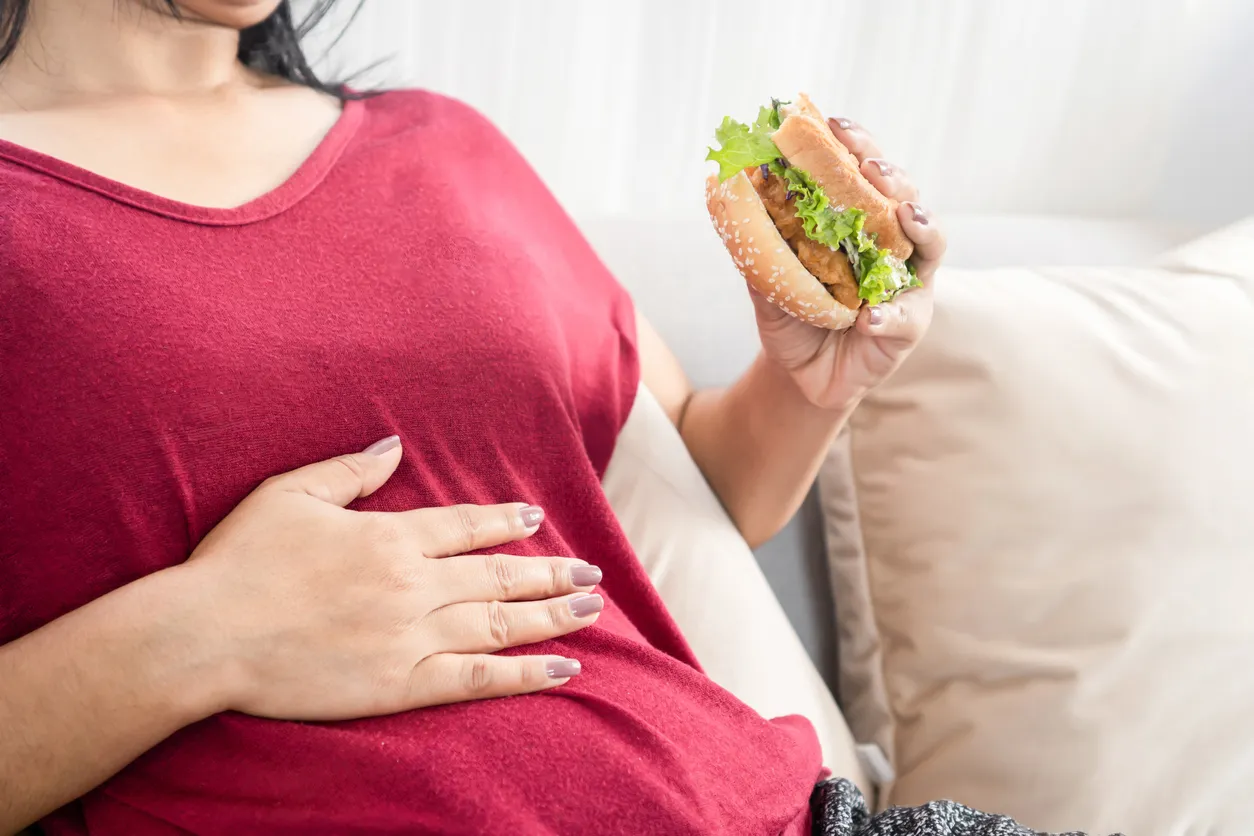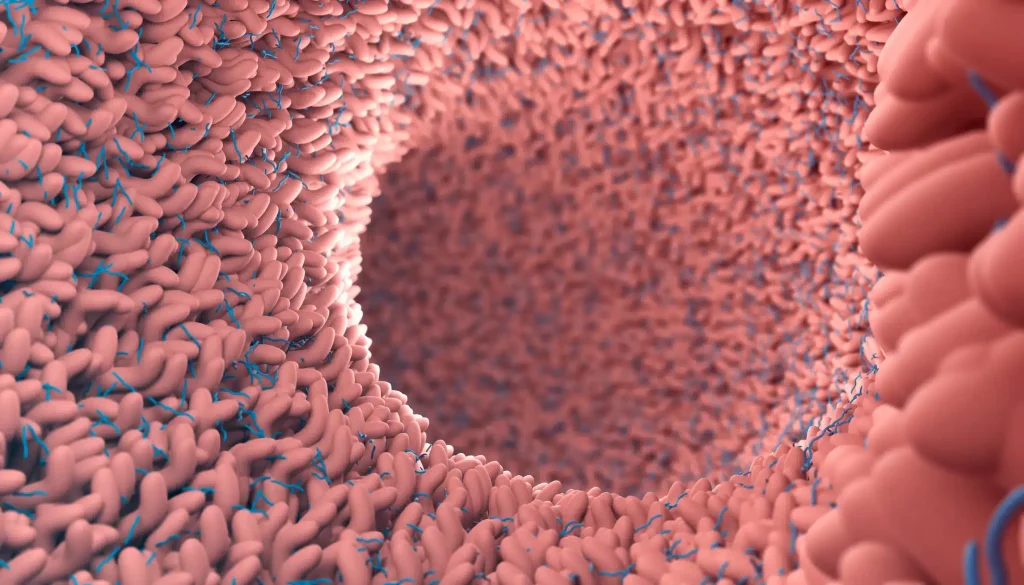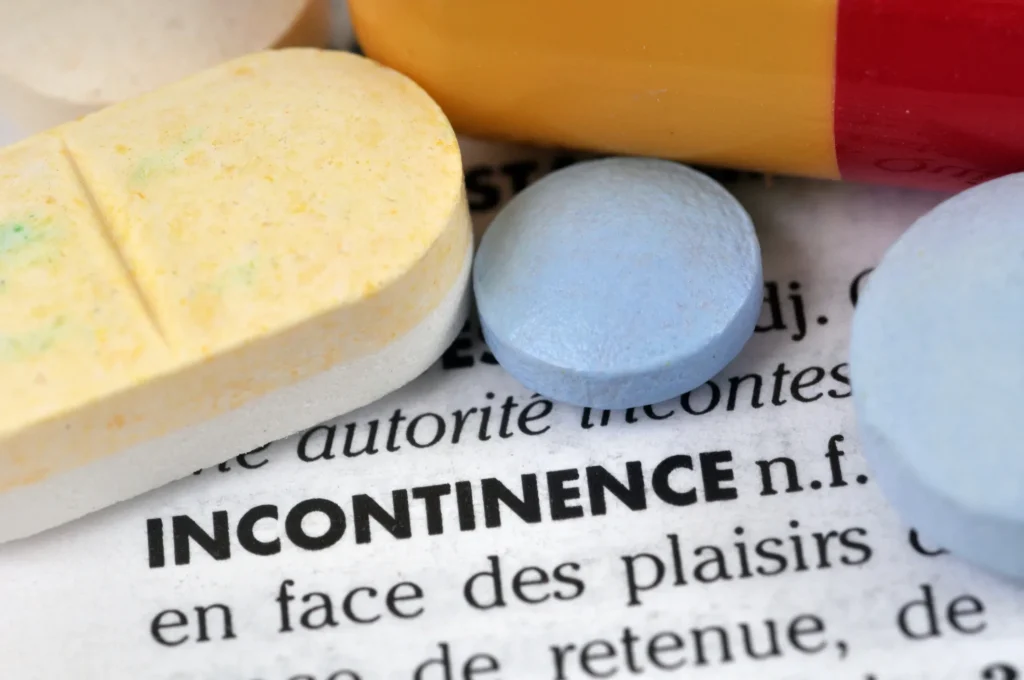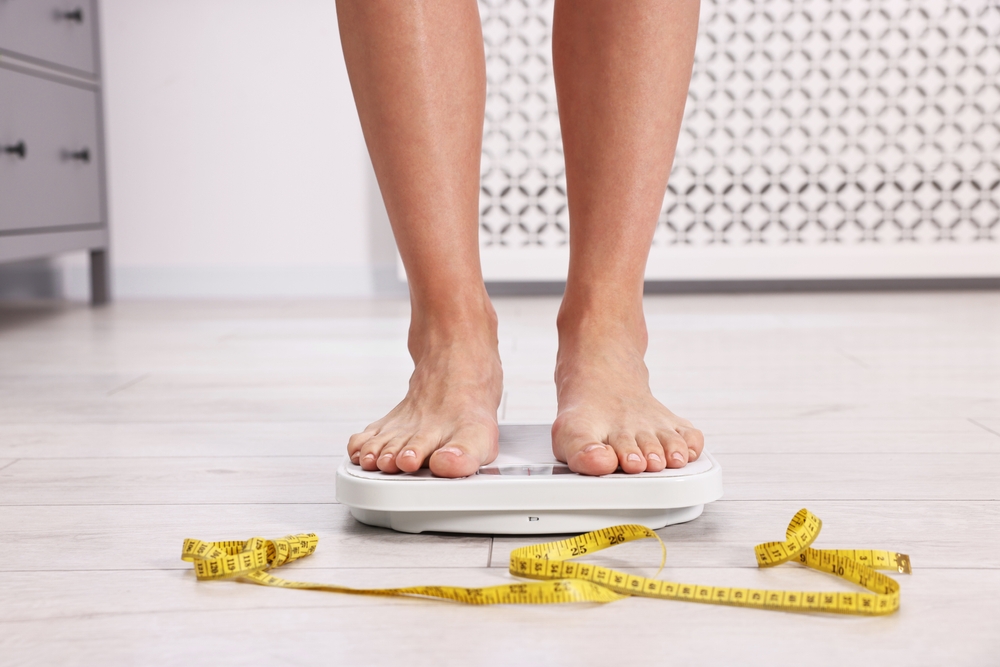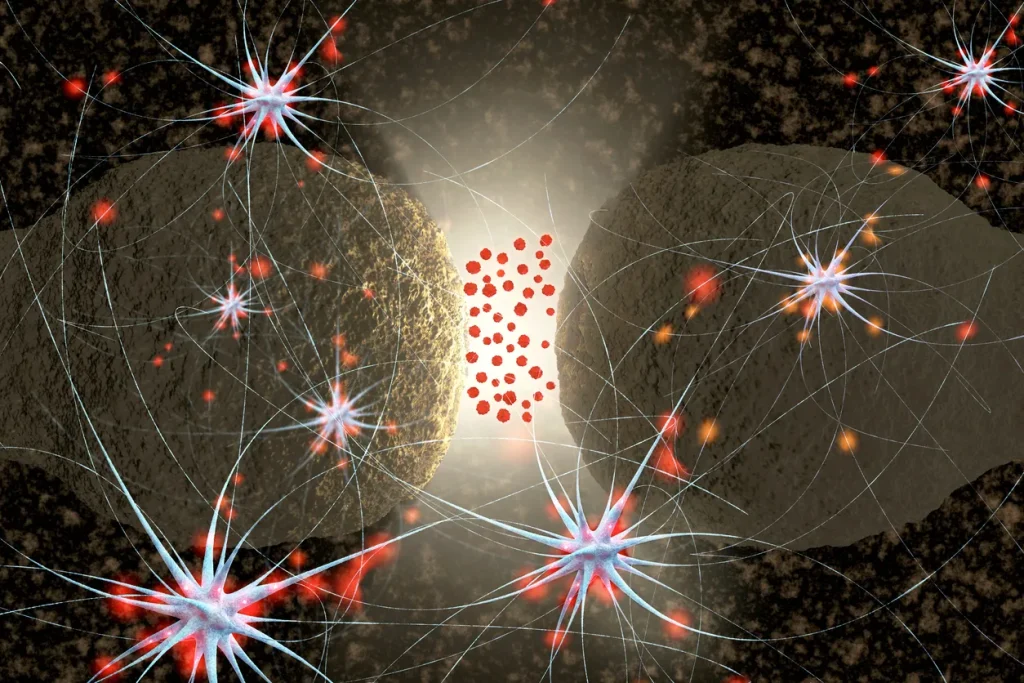Experiencing diarrhea after eating can be distressing and inconvenient. This condition, often called postprandial diarrhea, can be triggered by various factors, ranging from dietary choices to underlying medical conditions. Understanding the causes of diarrhea immediately after eating is essential for managing this discomfort and maintaining a healthy digestive system.
What causes diarrhea immediately after eating?
- Food Intolerances and Allergies: Lactose intolerance and gluten sensitivity are common culprits. When the body cannot correctly digest specific components in food, it can lead to diarrhea. Lactose, found in dairy products, and gluten, present in wheat, barley, and rye, are typical triggers.
- Infections: Bacterial, viral, or parasitic infections can cause gastroenteritis, leading to diarrhea. Contaminated food or water is often the source of these infections.
- Irritable Bowel Syndrome (IBS): IBS is a chronic condition that affects the large intestine. Symptoms like cramping, abdominal pain, bloating, gas, and diarrhea characterize it.
- Medications: Certain medications, such as antibiotics, can disrupt the natural balance of bacteria in the gut, causing diarrhea.
- Gallbladder or Pancreatic Issues: Problems with the gallbladder or pancreas can interfere with digestion, leading to diarrhea after eating.
- Food Poisoning: Consuming contaminated food can result in food poisoning, which often presents with diarrhea as a primary symptom.
Common Triggers of Post-Meal Diarrhea
Identifying and avoiding specific foods that trigger diarrhea can significantly improve one’s quality of life. Below are some common triggers:
What foods commonly trigger post-meal diarrhea?
- Fatty Foods: High-fat foods can stimulate bowel movements. Examples include fried foods, fatty cuts of meat, and creamy sauces.
- Spicy Foods: Spicy ingredients like chili peppers can irritate the digestive system, leading to diarrhea.
- Artificial Sweeteners: Sweeteners like sorbitol, mannitol, and xylitol, found in sugar-free gum and candies, can have a laxative effect.
- Caffeine: Caffeine is a stimulant that can increase the motility of the digestive tract, causing diarrhea in some individuals.
- Dairy Products: Dairy products can be a significant trigger for those with lactose intolerance.
Managing Food-Related Diarrhea: Tips and Tricks
Effectively managing and preventing diarrhea after eating involves a combination of dietary adjustments, lifestyle changes, and, in some cases, medication.
How can I prevent diarrhea after meals?
- Identify Triggers: Keep a food diary to track what you eat and note any episodes of diarrhea. This can help identify patterns and specific triggers.
- Modify Your Diet: Once triggers are identified, eliminate or reduce these foods in your diet. Opt for low-fat, bland foods that are easier on the digestive system.
- Stay Hydrated: Diarrhea can lead to dehydration. Drink plenty of fluids, such as water and oral rehydration solutions, to maintain hydration levels.
- Eat Smaller Meals: Eating smaller, more frequent meals can reduce the burden on your digestive system and help prevent diarrhea.
- Probiotics: These beneficial bacteria can help restore the natural balance of your gut flora, primarily if diarrhea is related to antibiotic use.
Why Does Immediate Diarrhea Happen After Meals?
Immediate diarrhea after meals can occur due to the body’s response to food entering the digestive system. The gastrocolic reflex, a natural bodily reaction, causes the colon to contract in response to food intake, sometimes leading to diarrhea.
How can I manage diarrhea that occurs right after eating?
- Slow down: Eat slowly and chew your food thoroughly. This helps with digestion and can reduce the likelihood of immediate diarrhea.
- Balanced Diet: Incorporate a balanced diet rich in fiber. Fiber can help regulate bowel movements and prevent diarrhea.
- Stress Management: Stress can exacerbate digestive issues. Yoga, meditation, and deep-breathing exercises can help manage stress levels.
- Seek Medical Advice: If diarrhea persists, consult a healthcare professional to rule out any severe underlying conditions and receive appropriate treatment.
Identifying and Preventing Diarrhea Triggers from Food
Understanding and identifying the triggers of food-related diarrhea is crucial for prevention and management. Some practical steps include:
What are the common causes of food-related diarrhea?
- Dietary Sensitivities: It is critical to identify and avoid foods that cause sensitivity or allergic reactions. Lactose, gluten, and certain food additives are common culprits.
- Improper Food Handling: Ensure food is cooked correctly and stored to avoid foodborne illnesses that can cause diarrhea.
- Balanced Nutrition: A diet that includes a variety of nutrients can support overall digestive health and prevent episodes of diarrhea.
- Regular Check-Ups: Regular medical check-ups can help monitor and manage any underlying health conditions contributing to diarrhea, providing a sense of security and peace of mind.
Diarrhea After Eating in Conclusion
Diarrhea after eating is a common issue that can significantly impact daily life. However, by understanding the causes, identifying triggers, and implementing effective management strategies, individuals can reduce the frequency and severity of post-meal diarrhea, leading to a sense of relief and comfort. Adopting a balanced diet, staying hydrated, and seeking medical advice when necessary are critical steps toward maintaining a healthy digestive system and improving overall well-being.
